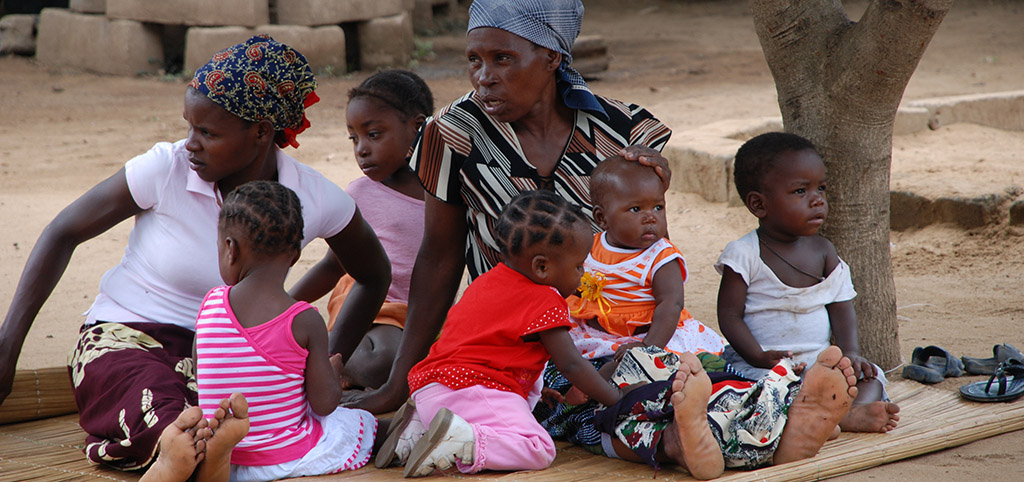- Duration
- 01/05/2017-30/04/2022
- Coordinator
- Clara Menéndez
- Funded by
- UNITAID
- Website
- https://www.tiptopmalaria.org
In sub-Saharan Africa (SSA), over 30 million pregnant women are annually exposed to infection from malaria. Of these, an estimated 10,000 pregnant women and up to 200,000 newborns die from malaria in pregnancy (MiP), primarily due to the infection from Plasmodium falciparum bites. Furthermore, recent data indicate that up to 20% of stillbirths in SSA are attributable to MiP. In the broader framework of the 2030 agenda, the TIPTOP project is well aligned with the overall SDG3 health targets of accelerating maternal and newborn mortality reduction in the Sub Saharan region and reflects well how different stakeholders have a role and responsibility in helping to achieve these ambitious goals: from sub Saharan African countries to donors, international development and research partners.
IThis 5-year project, funded by UNITAID and implemented by Jhpiego (coordinator) and ISGlobal (research partner) in collaboration with the World Health Organization (WHO) and the Medicines for Malaria Venture (MMV), aims to increase intermittent preventive treatment in pregnancy (IPTp) for malaria with sulfadoxine-pyrimethamine (SP)—in addition to the use of insecticide-treated bed nets (ITNs) and effective case management IPTp coverage— and expand antenatal care attendance primarily through Community Health Workers in four Sub Saharan African countries: DRC, Mozambique, Madagascar and Nigeria. A learning-driven approach will be employed throughout the project to guide expansion in a two-phase process and generate sufficient evidence to inform WHO policy recommendations and future actions in each country, in an effort to expand the intervention over the long-term.
In an initial phase 10,000 pregnant women per country are expected to be reached (2 years). Then in the so-called expansion phase (3 years) 30,000 pregnant women per country will be enrolled. This project plans to engage community health workers to increase IPTp delivery and demand, catalyzing and further encouraging scale-up of IPTp in Africa. Additionally, it will expand antenatal care attendance in these four African countries.
ISGlobal is the lead evaluation and research organization and is responsible for implementing a set of studies to generate evidence for global guidance on community IPTp-SP. Specifically, ISGlobal will be responsible for designing and implementing the project’s evaluation plan, as well as designing, analyzing and reporting the operational research studies to assess the cost and acceptability of the intervention and its impact.
Total funding:
- Total Project Funding: $50M
- Total ISGlobal Funding: $10.4 M
More Information:
- Landmark Agreement Signed to Prevent Malaria in Pregnancy (ISGlobal)
- Landmark agreement signed to prevent malaria in pregnancy and reduce life-threatening complications in sub-Saharan Africa (UNITAID)
- Malaria in Pregnancy: Intermittent Preventive Treatment (ISGlobal)
Our Team
PI
-
Clara Menéndez Santos
ISGlobal team
-
 Franco Massimo Giovanni Pagnoni Technical Cooperation Coordinator
Franco Massimo Giovanni Pagnoni Technical Cooperation Coordinator -
Mireia Llach Medical Research Fellow
-
Maria del Pilar Fontserè Serra
-
Susana Méndez Bartolomé
-
 MONTSE PI Project Assistant
MONTSE PI Project Assistant -
Maximo Ramirez Robles





